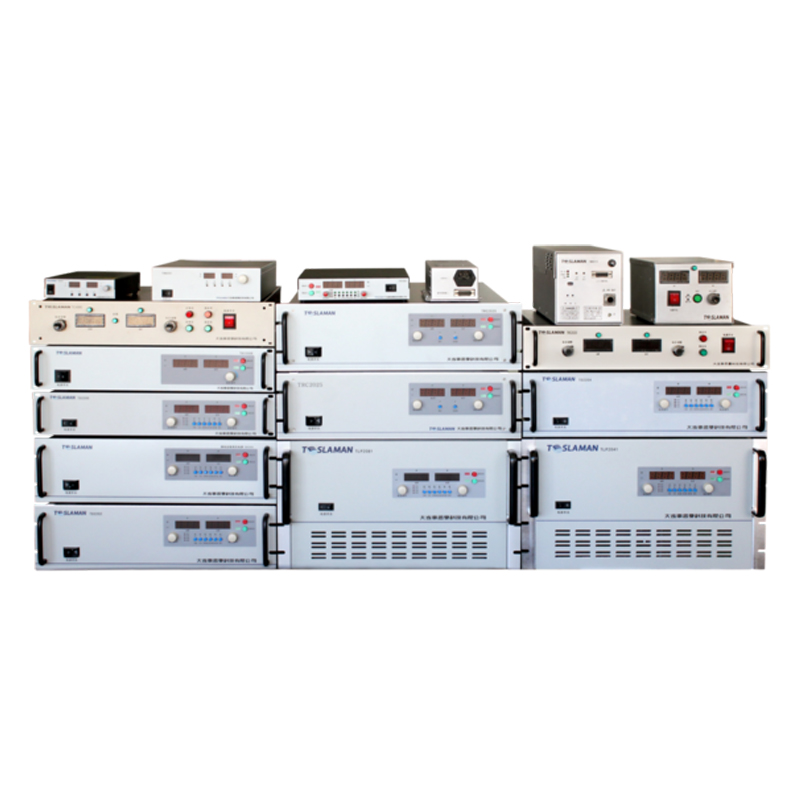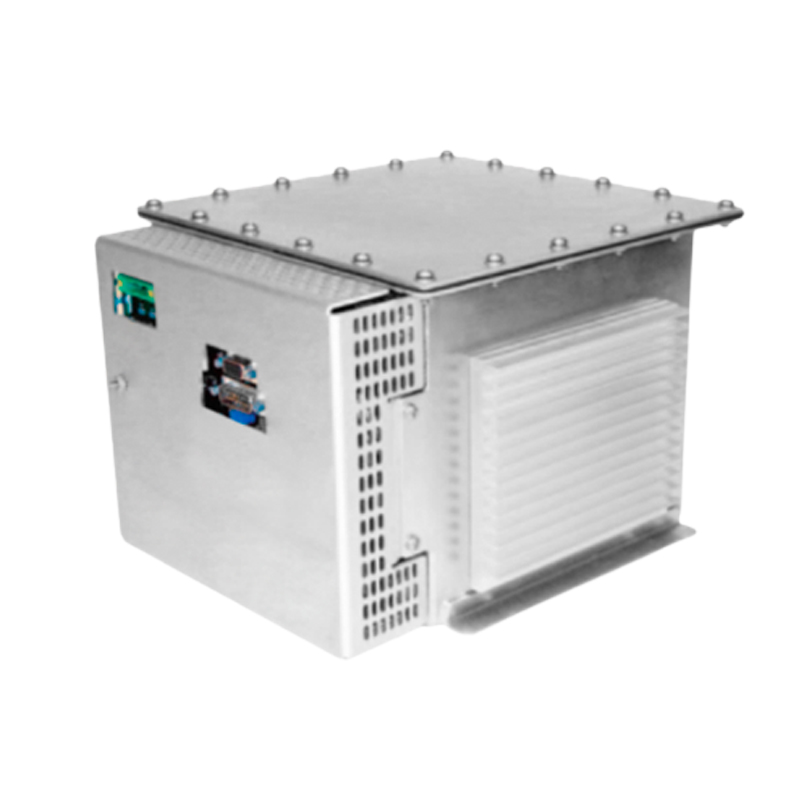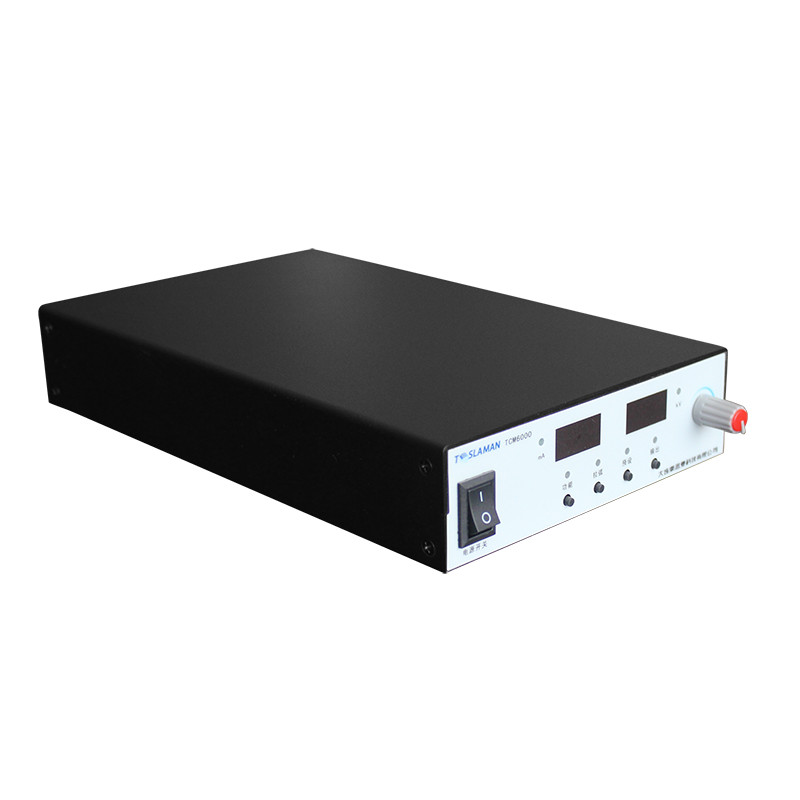Research and Application on Improving the Sorting Accuracy of High-Voltage Power Supplies for Plastic Sorting
In the field of plastic recycling and sorting, high-voltage power supplies play a crucial role. They generate a high-voltage electric field, causing different types of plastics to exhibit distinct behaviors within the field, thus enabling effective sorting. However, in practical applications, the sorting accuracy of high-voltage power supplies for plastic sorting still needs improvement, which directly affects the efficiency and quality of plastic recycling.
In terms of principles, the operation of high-voltage power supplies for plastic sorting is based on the differences in the dielectric properties of plastics. Different plastics have varying dielectric constants. When they pass through a high-voltage electric field, they are subjected to different levels of electric field forces. For example, there are obvious differences in the forces acting on polar and non-polar plastics in the electric field. Therefore, accurately controlling the parameters of the high-voltage power supply, such as voltage and frequency, is essential for improving the sorting accuracy.
Firstly, precise voltage regulation is crucial. Both excessively high and low voltages can lead to sorting errors. If the voltage is too high, some plastic particles that could originally be sorted accurately may be affected by excessive electric field forces and deviate from the normal sorting path. On the other hand, if the voltage is too low, it may not be possible to adequately distinguish between plastics with different dielectric constants, resulting in inaccurate sorting. Thus, it is necessary to precisely adjust the output voltage of the high-voltage power supply according to the characteristics of different types of plastics to achieve the best sorting results.
Secondly, the optimization of the frequency cannot be ignored. High-voltage electric fields of different frequencies have different effects on plastic particles. An appropriate frequency can make the plastic particles move more stably in the electric field and reduce sorting errors caused by electric field fluctuations. Through experiments and data analysis, finding the optimal frequency that matches specific plastics can significantly improve the sorting accuracy.
In addition, the stability of the high-voltage power supply is also an important factor affecting the sorting accuracy. Fluctuations in the power supply will lead to instability in the electric field strength, thereby affecting the force on the plastic particles. The adoption of advanced power supply voltage regulation technology and filtering measures can effectively reduce the impact of power supply fluctuations on sorting and improve the stability and accuracy of sorting.
In practical applications, it is also necessary to combine advanced sensor technology and automated control systems. Sensors can monitor the movement status of plastic particles and electric field parameters in real-time, providing accurate data support for the parameter adjustment of the high-voltage power supply. The automated control system can automatically adjust the parameters of the high-voltage power supply according to the information fed back by the sensors, achieving an intelligent sorting process.
In conclusion, improving the sorting accuracy of high-voltage power supplies for plastic sorting requires efforts from multiple aspects, including precise voltage regulation, frequency optimization, improvement of power supply stability, and the application of advanced sensor and automated control technologies. Through the comprehensive implementation of these measures, the efficiency and quality of plastic sorting can be effectively improved, promoting the development of the plastic recycling industry.




















